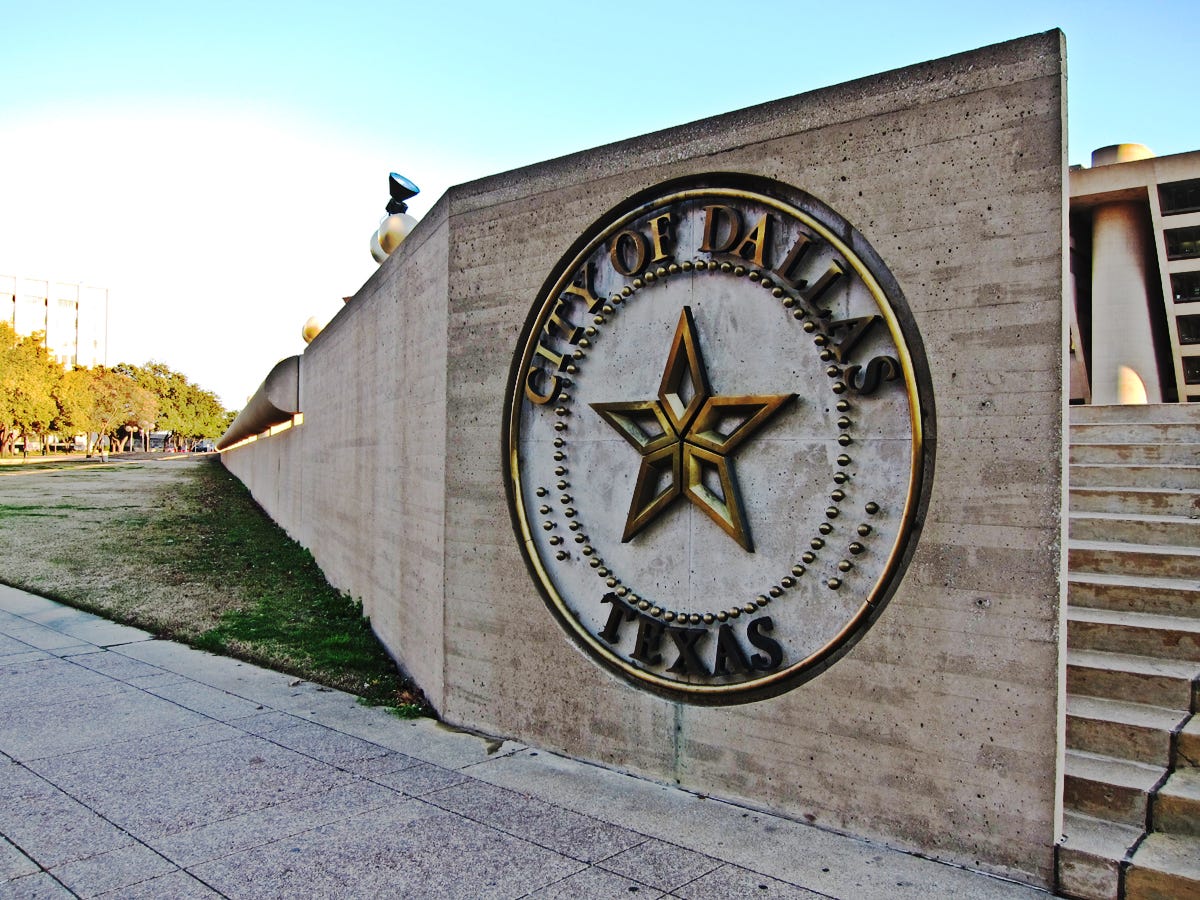Dallas Council Members Face Open Meetings Violation Allegations Over Ashford Hospitality Meeting
Two Dallas City Council members have accused four of their colleagues of violating the Texas Open Meetings Act during a Tuesday morning gathering with representatives from hotelier Monty Bennett’s Ashford Hospitality Trust and a real estate firm to discuss a downtown homeless initiative proposal, sparking potential legal scrutiny over the private deliberations.
The alleged violation centers on whether the four council members constituted a quorum that conducted city business outside the public eye when they met with Ashford officials to discuss homeless services initiatives in downtown Dallas. Texas law requires that any meeting where a governmental body’s quorum discusses public business must be open to the public, provided there is proper advance notice.
Background on Bennett’s Influence Operations
Monty Bennett, chairman and CEO of Ashford Inc. and publisher of The Dallas Express, has maintained extensive involvement in Dallas municipal affairs through his support of the Dallas HERO organization and various ballot initiatives. The conservative hotelier and GOP megadonor has previously challenged Dallas City Council actions in court, including successful litigation over what he characterized as deliberate attempts to mislead voters through improper charter amendments.
“Last-minute proposed charter amendments from the Dallas City Council members were introduced without public input, violating the open meetings act,” Bennett testified during a state Senate committee hearing in October 2024. His organization, Dallas HERO, has consistently criticized council members for what it describes as a pattern of transparency violations and abuse of public resources.
Bennett’s Ashford Hospitality Trust has actively monitored and reported on homelessness conditions in downtown Dallas through executive Mark Nunneley, who regularly compiles data on homeless populations for public distribution. The company’s involvement in discussions about homeless services reflects its significant downtown real estate interests and concerns about the public safety impacts on business operations.
Homeless Initiative Context and Stakeholder Involvement
The Tuesday meeting reportedly focused on Bennett’s proposed “Refuge for Renewal” initiative, a comprehensive homeless services facility that he has advocated locating outside downtown Dallas to avoid negative impacts on business districts. “You have too much density downtown. And when people leave that shelter and walk around downtown, and these poor people, many of them have problems,” Bennett explained in a November 2024 interview.
According to recent data compiled by Ashford’s Nunneley, homeless counts in downtown Dallas reached peaks of 266 in February and 209 in March before declining to 138 in April. However, numbers rose to 158 in May. “The city of Dallas has clearly not solved this problem,” Nunneley stated, noting that encampments reappear after being cleared.
The proposed initiative would serve as “a one-stop shop to help these poor people” while addressing public safety concerns that Bennett argues affect commerce and residential areas. Bennett emphasized that the facility “can’t be downtown” due to density issues and potential impacts on local businesses and residents.
Legal Framework and Potential Consequences
The Texas Open Meetings Act requires that any meeting where a quorum of a governmental body discusses public business must be properly noticed and open to the public. Violations can result in both criminal charges and civil liability, with penalties ranging from Class C to Class B misdemeanors depending on the circumstances and intent.
Similar violations have occurred in other Texas jurisdictions, including a recent Evanston case where four city council members violated Wyoming’s Open Meetings Act through sequential communications that resulted in public decisions made without proper transparency. “Even though the four council members did not meet together, they made public decisions together — without the rest of the council and without the public’s knowledge,” the investigating attorney found.
Austin has faced similar challenges, with courts ruling that the city violated open meetings requirements by restricting public comment periods and failing to provide proper advance disclosure of agenda items. “The Open Meetings Act calls for a reasonable time limit” for public participation, according to attorney Bill Bunch, who has litigated multiple open meetings cases.
Council Response and Accountability Measures
The specific council members allegedly involved in Tuesday’s meeting have not yet publicly responded to the allegations of open meetings. Previous transparency disputes have resulted in calls for inspector general investigations and demands for stronger enforcement mechanisms.
Pete Marocco, associated with Dallas HERO, has advocated for harsher penalties for open meetings violations, stating that “much harsher, quicker sentences, penalties, and fines must be imposed. People need to see city council members in jail, even if it’s for two weeks”. He argued that “citizens need to trust their government [to] hold leaders to consequences for violating the Open Meetings Act or abusing public resources”.
The Texas Supreme Court previously found that Dallas City Council members had engaged in “unlawful attempts, deliberately and intentionally to mislead and confuse voters” in connection with charter amendment processes that Marocco characterized as “a shameful violation of [the] law”.
Broader Implications for Municipal Governance
The allegations emerge amid ongoing tensions between Dallas City Council members and business interests over homeless services, public safety priorities, and transparency in government operations. Some observers have characterized Bennett’s network of influence operations as an “astroturf” campaign designed to advance conservative policy objectives through seemingly grassroots organizations.
“It is getting harder to believe that the HERO group, with its apparent allergy to transparency, is operating in good faith,” according to analysis by D Magazine. The publication noted Bennett’s “web of interests that have attempted to normalize what most city officials believe is an extremist Trojan horse aimed at crippling City Hall’s operations”.
As Dallas continues grappling with homelessness challenges—with 311 service reports increasing 45 percent over three years according to recent data—the intersection of private business interests, public policy, and transparency requirements remains contentious. The outcome of any formal investigation into Tuesday’s meeting could establish important precedents for municipal governance and stakeholder engagement in Dallas and other Texas cities facing similar issues.



